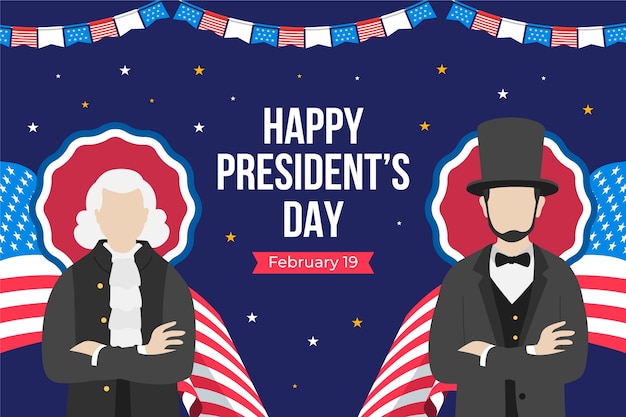Mary McLeod Bethune – 10 Fun Facts You Didn’t Know

Mary McLeod Bethune was born on July 10, 1875, in South Carolina.
She was one of the 17 children in her family.
Mary was the only child in her family to attend school.
She started her own school in Daytona Beach, Florida, with just five students.
Mary’s school eventually grew into what is now known as Bethune-Cookman University.
She believed in the power of education to uplift and empower individuals and communities.
Mary was the first African-American woman to have a leadership role in the federal government.
She served as an advisor to four different U.S. presidents.
Mary was a prominent civil rights activist and fought for racial and gender equality.
She founded the National Council of Negro Women (NCNW).
Mary believed in the importance of unity and cooperation among different races and organized interracial dialogues.
She was awarded the Presidential Medal of Freedom by President Gerald Ford in 1974.
Mary was also known for her advice column in a black-owned newspaper.
She wrote a memoir titled Mary McLeod Bethune: My Last Will and Testament.
Mary was an advocate for women’s rights and was one of the few women invited to participate in the United Nations founding conference.
She believed that education was the key to overcoming poverty and established educational programs for low-income communities.
Mary McLeod Bethune was a strong believer in the power of faith and credited her success to her religious beliefs.
Mary McLeod Bethune – 10 Fun Facts You Didn’t Know part 2
She founded a home for girls in Daytona Beach called the Mary McLeod Bethune Cottage.
Mary served as the president of the Florida Federation of Colored Women’s Clubs.
She was an honorary member of the Alpha Kappa Alpha sorority.
Mary was the first African-American woman to have a statue erected in her honor in Washington, D.C.
She testified before the United States Senate Committee on Education and Labor to advocate for fair employment practices.
Mary organized a successful letter-writing campaign urging the federal government to stop lynchings.
She dedicated her life to breaking down barriers and improving the lives of African-Americans.
Mary’s work as an educator led to the development of talented African-American leaders, including civil rights activists and politicians.
She frequently spoke out against racial segregation and discrimination in schools and government institutions.
Mary advocated for vocational and industrial education to help African-Americans gain economic independence.
She believed in the importance of preserving African-American history and culture.
Mary was a founding member of the National Urban League.
She was the director of the Division of Negro Affairs in the National Youth Administration.
Mary held many honorary degrees from various universities, including Columbia University and Wilberforce University.
She co-founded the Bethune-Volusia Beach Board of Trustees, which operated the beach and pool designated for African-Americans during segregation.
Mary served as an advisor on minority affairs to President Franklin D. Roosevelt.
She made significant contributions to the civil rights movement, even before it gained widespread attention.
Despite facing many obstacles, Mary remained determined and persistent in her efforts to improve the lives of African-Americans.
She believed in the power of love and unity to create positive change in society.
Mary’s work continues to inspire future generations of activists and leaders.
She is remembered for her contributions to education reform and equal opportunity.
Mary was inducted into the National Women’s Hall of Fame in 1973.
She served as the president of the National Association of Colored Women.
Mary McLeod Bethune was a trailblazer who fought for justice and equality on various fronts.
She believed that everyone has the potential to achieve greatness if given the opportunity and support.
Mary challenged societal norms and expectations by becoming a prominent African-American leader during a time of deep racial inequality.
She valued the importance of community engagement and encouraged others to get involved in social issues.
Mary’s legacy lives on through the various organizations and institutions she founded, which continue to make a difference in the lives of marginalized communities.

